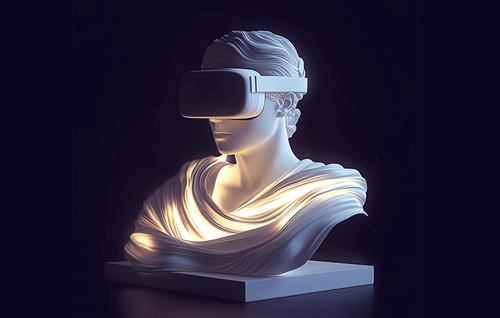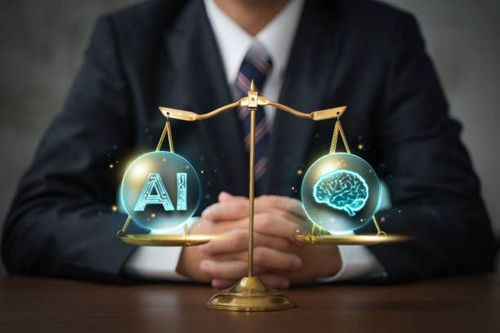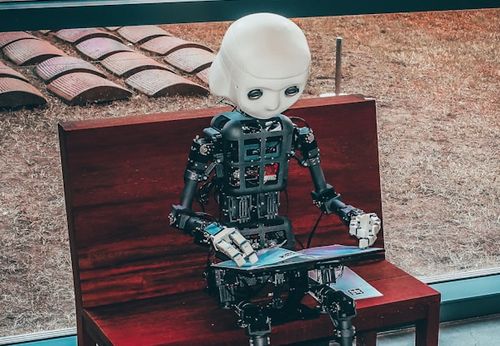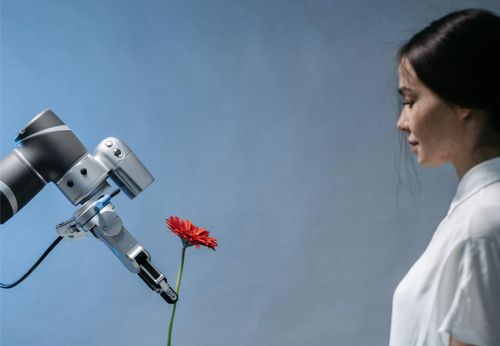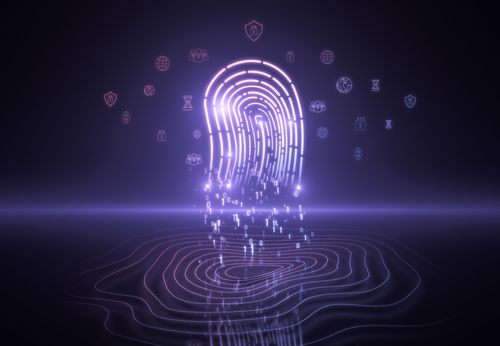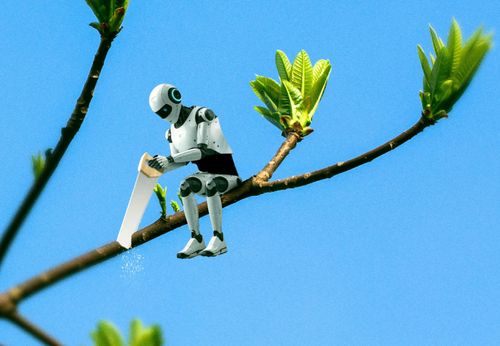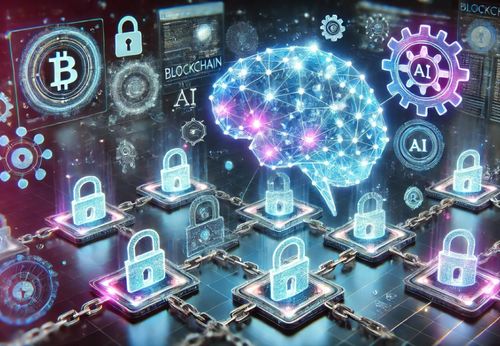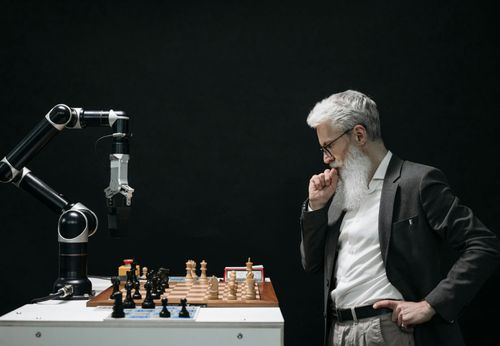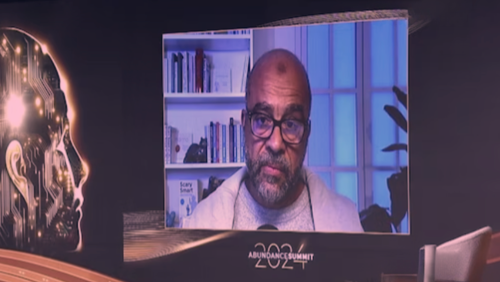
Enhancing Human Connection through AI: Reflections from Abundance 360
At Abundance 360, Mo Gawdat inspired a vision of how AI can bridge the gap in human connections, deepening conversations and fostering empathy in ways we never thought possible.
Uncover the latest insights and breakthroughs in longevity with The Intelligence Report — our dynamic blog that explores the fusion of health, technology, and personal growth.
AI & Technology in Human Potential
At Abundance 360, Mo Gawdat inspired a vision of how AI can bridge the gap in human connections, deepening conversations and fostering empathy in ways we never thought possible.
Empathy is the essence of humanity—it’s what drives us to connect, care, and create meaningful solutions. In a tech-driven world, combining innovation with empathy ensures that the advancements we make improve lives, not just profits.
AI is neither a magic fix for all our problems nor a looming threat to humanity—it’s a powerful tool, and its true impact will depend on how we choose to harness it for the greater good.
Discover how AI is shaping our future identities. Explore insights from Yuval Noah Harari, Dr. Fei-Fei Li, and Sara Walker on AI’s role as an evolutionary partner, its impact on human autonomy, and the importance of responsible, ethical AI development in health and society.
We live in an extraordinary era—where technology holds the promise of longer, healthier, and more purpose-driven lives. From AI-driven diagnostics to genomic testing and precision health apps, we’re not just tracking steps—we’re engineering health trajectories...
There’s a quiet revolution happening—not in labs or boardrooms, but in the minds of those asking a deceptively simple question: What if the next phase of human evolution is one we choose?
A silent collapse is unfolding inside America’s universities—and it’s not just an academic trend. It’s a wake-up call. According to The Atlantic (June 2025), computer science enrollments are falling by 20–25% at several top institutions. After years of explosive growth, the CS boom is slowing fast. Why? Because AI is writing the code now.
How Blockchain + AI Will Revolutionize Longevity—and Put Your Health Data Back in Your Hands Let’s start with the fear: You’ve lived a life, tracked your steps, logged your meals, taken your meds, uploaded your labs—and now your data is working against you. Your insurance rates rise. Your coverage is questioned. Your personal history—deeply human and deeply contextual—is treated like a pricing algorithm.
Digital Health Demands a New Kind of Intelligence In an era where AI can personalize your meal plan, influencers recommend daily biohacks, and longevity advice spreads at the speed of a swipe, one thing has never been more urgent: your ability to think clearly and skeptically.
